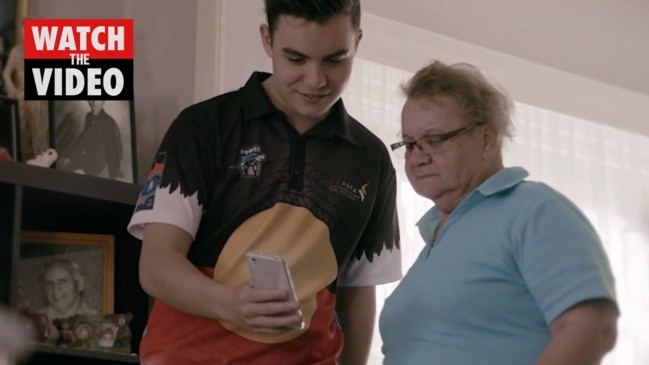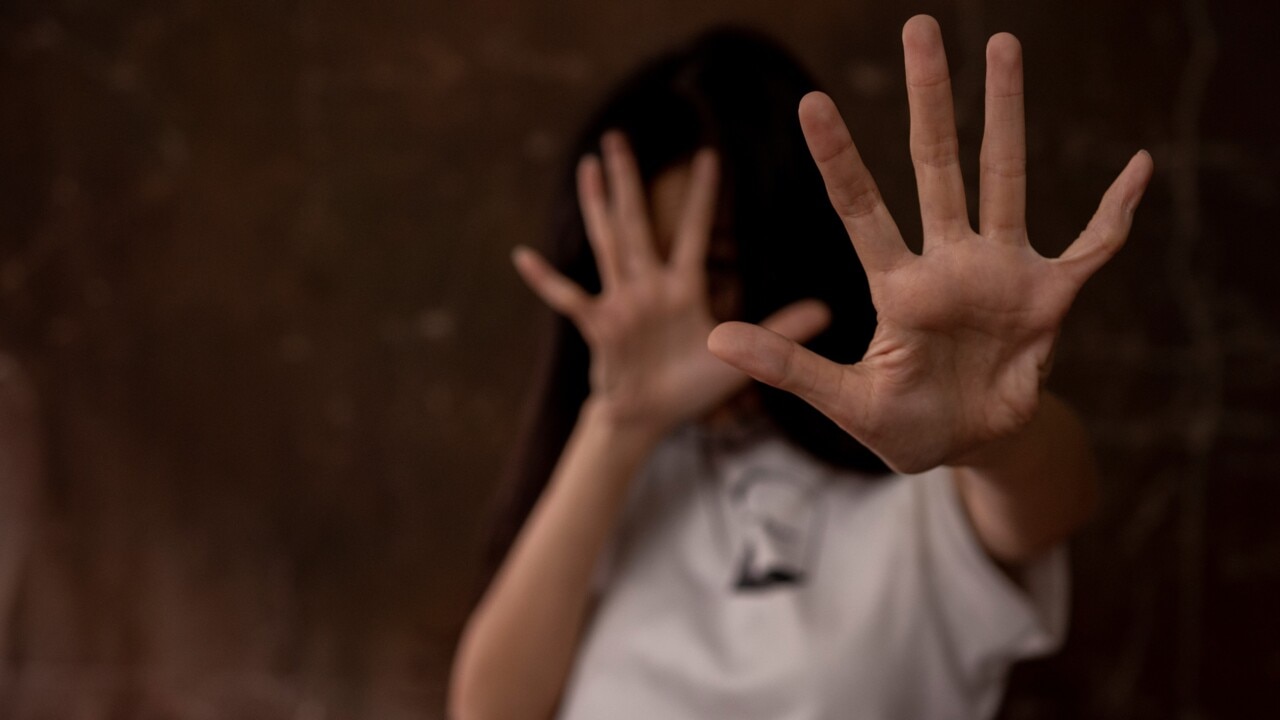UniSA research examines how child abuse is passed down through generations
Small changes to how the system treats some women could stop up to 80 per cent of child protection cases, new UniSA research has found.

More support for South Australia’s most struggling mothers could prevent up to 80 per cent of the child abuse and neglect happening in homes, new research finds.
The analysis by the University of South Australia also warns that a quarter of children born to women who were taken into state care during their childhood will experience the same fate.
Researchers say the findings, published today in The Lancet Public Health, make a strong argument for redirecting funding and support to mothers with a child-protection history to make a substantial difference.

“We know who these mothers are,” lead researcher Professor Leonie Segal said.
“Their children are at huge risk. If only we could disrupt the intergenerational cycle … we could prevent the lion’s share of child maltreatment.
“We could turn it around in a generation.”
The analysis examined data on more than 38,500 pairs of SA mothers and children, including some who had experienced abuse and others with no contact with the child-protection system.
Data on fathers was not available.
It found that by age 12, 26 per cent of children born to women who had been abused or neglected and taken into state care during their own childhood ended up also being removed by authorities because of “extreme child-protection concerns”.
Overall, 40 per cent of children born to those women experienced abuse or neglect. That compared with 1 per cent and 5 per cent in families with no contact with the system.
“These women need a lot of help,” Prof Segal said.
“When these children (in state care) become parents, their capacity for compassion or trust can be impaired.

“They often cannot see the needs of their own children and can find it extremely difficult to provide the nurturing parenting that they would so want to offer. Healing their trauma is an ethical imperative but also offers large health and economic pay-offs.”
Prof Segal said agencies including child protection, health and housing needed to work together to support these families.
She urged more funding for mental health and addiction support and training for staff in managing complex cases.
The State Government has allocated $900,000 to CentaCare to run a two-year trial working with women aged up to 25 who have had a child removed. They receive therapy and support with life skills, sexual health, literacy and finances.
The government also recently redirected about $50m to deliver “a higher dose” of help in homes where violence, drug use and mental illness were putting children at risk.
Opposition child protection spokeswoman Katrine Hildyard said the UniSA report should be “a wake-up call” and prompt more funding for early intervention measures “to break the cycle”.





